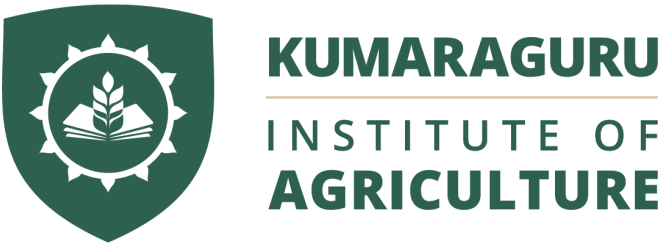Crop Protection
The Department of Crop Protection deals with the management of pests and diseases affecting the growth of the crop plants. The students will learn about integrated pest and disease management measures and strategies with special emphasis on Host Plant Resistance, Bio-control, measures using bio-pesticides and judicious use of chemical pesticides. The various fields under this department are
Agricultural Entomology
Hands on training help the students to acquaint themselves with external morphology of the insects, basic aspects of anatomy of different systems and identification of insects up to family level with hands-on experience. The students are exposed to the knowledge about the economically important insects like Honeybee, Silkworm, Lac insect, Pollinators, Weed killers, Parasitoids and Predators and principles governing the management of insect pest, including the concept and components of Integrated Pest Management. Students were exposed to different Pests of Field and Horticultural crops that throws light on the distribution, bionomics, symptoms of damage and management strategies of pests of crops like Cereals, Millets, Pulses, Oilseeds, Cotton, Sugarcane, Green Manures, Forage Crops, Stored Products, Vegetable Crops, Fruit Crops, Tuber Crops, Spices and Plantation Crops, Flower Crops and Medicinal Plants. Students are taken to farmer’s field to real assessment of pest incidence and their management.



